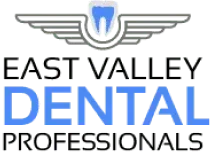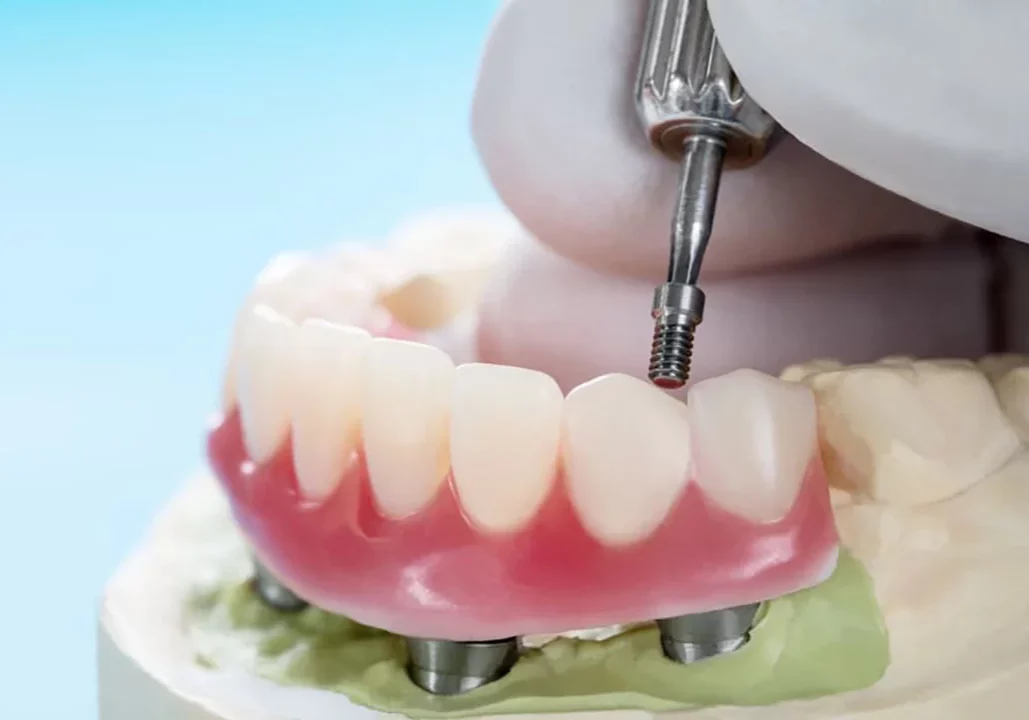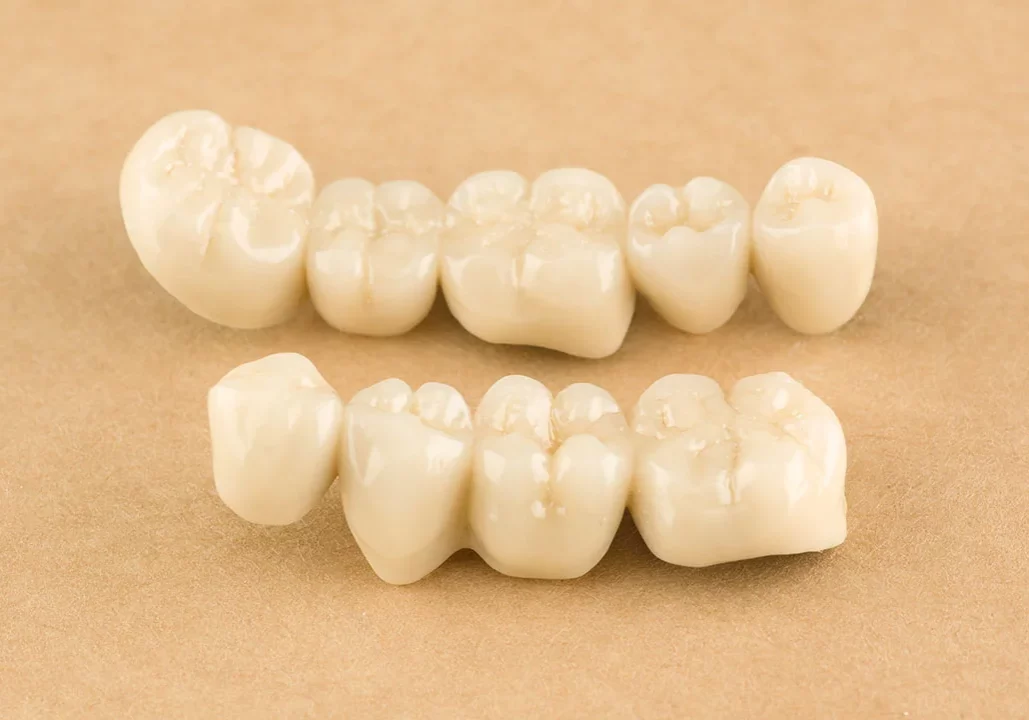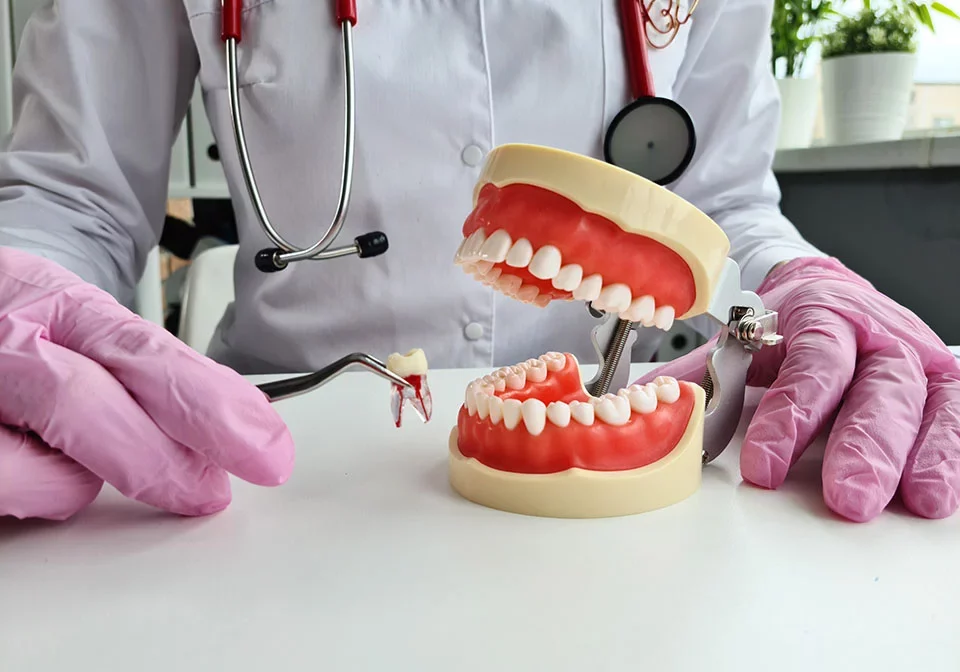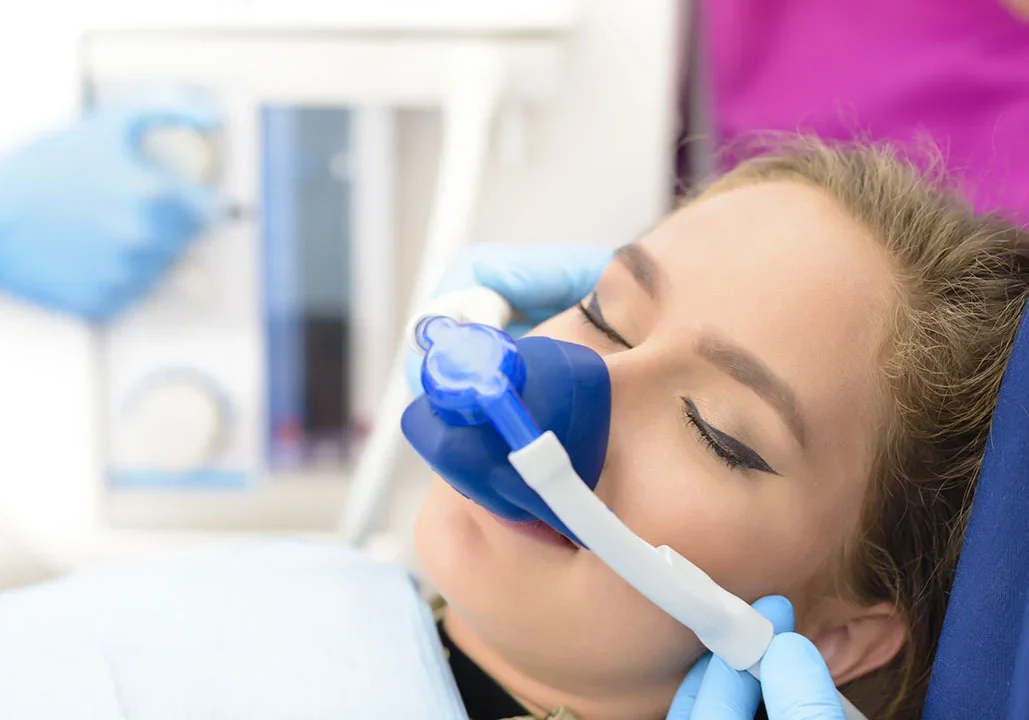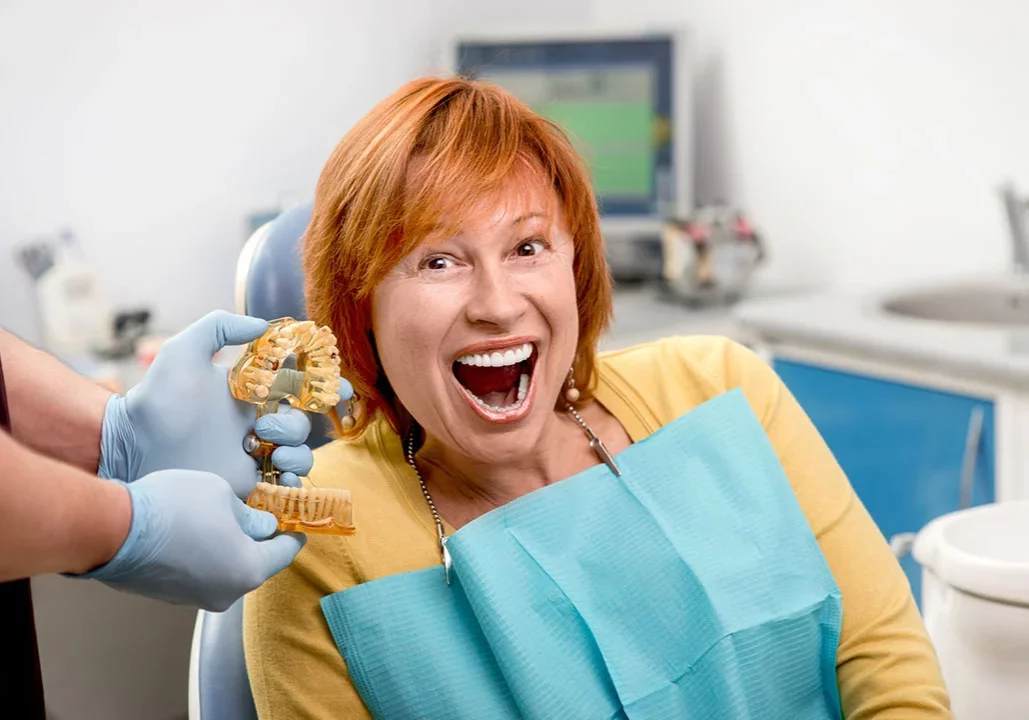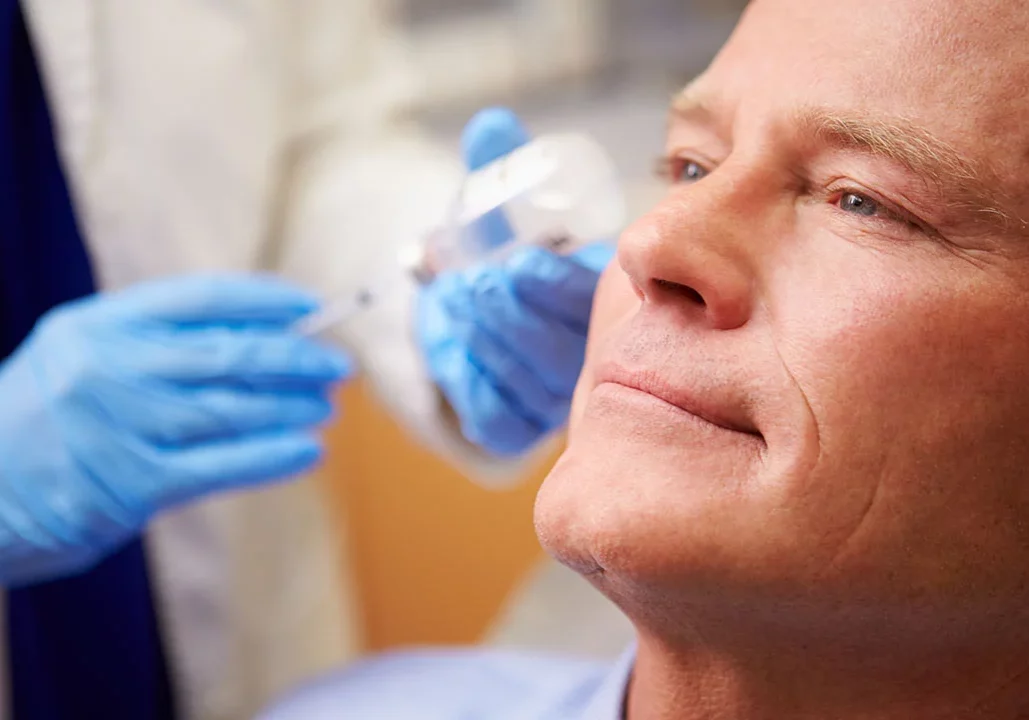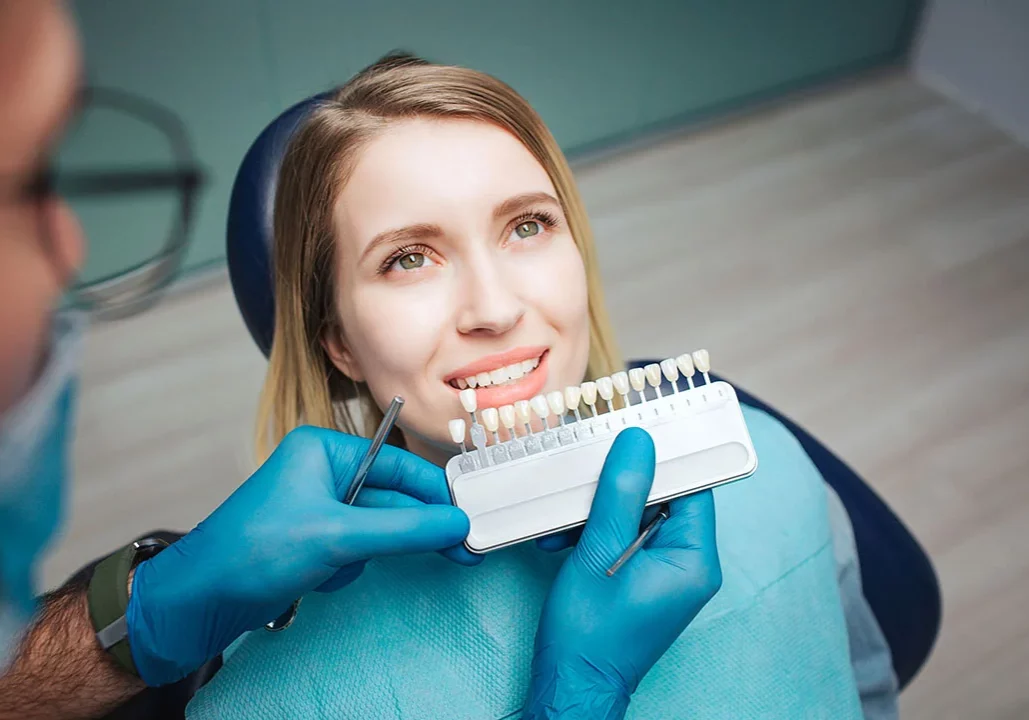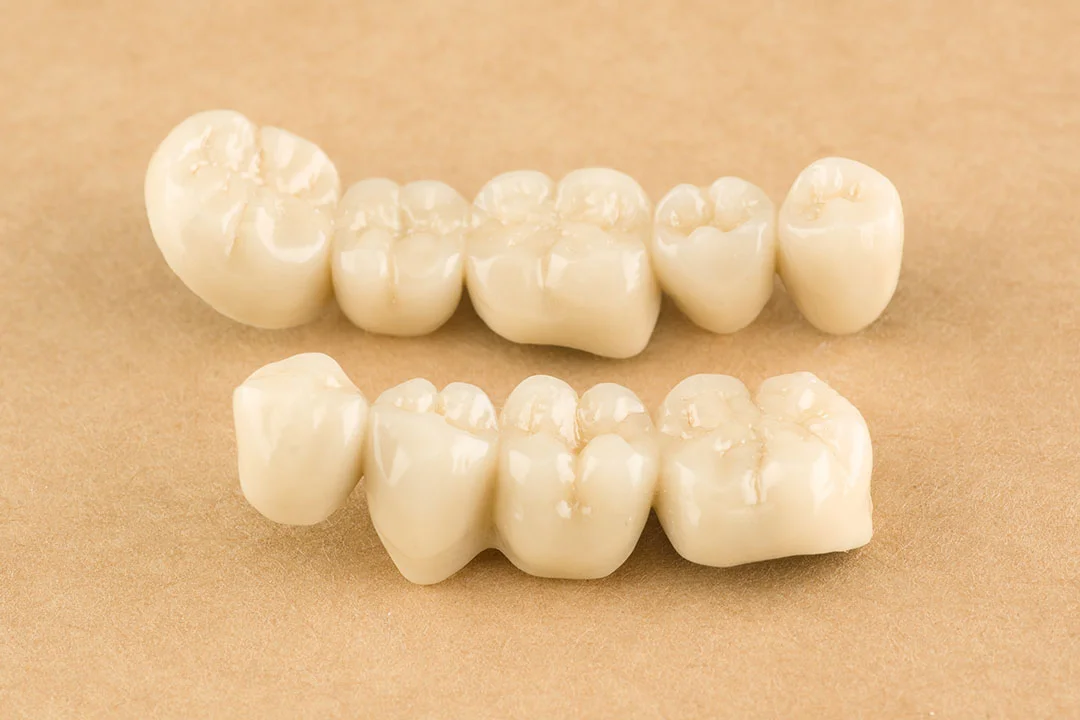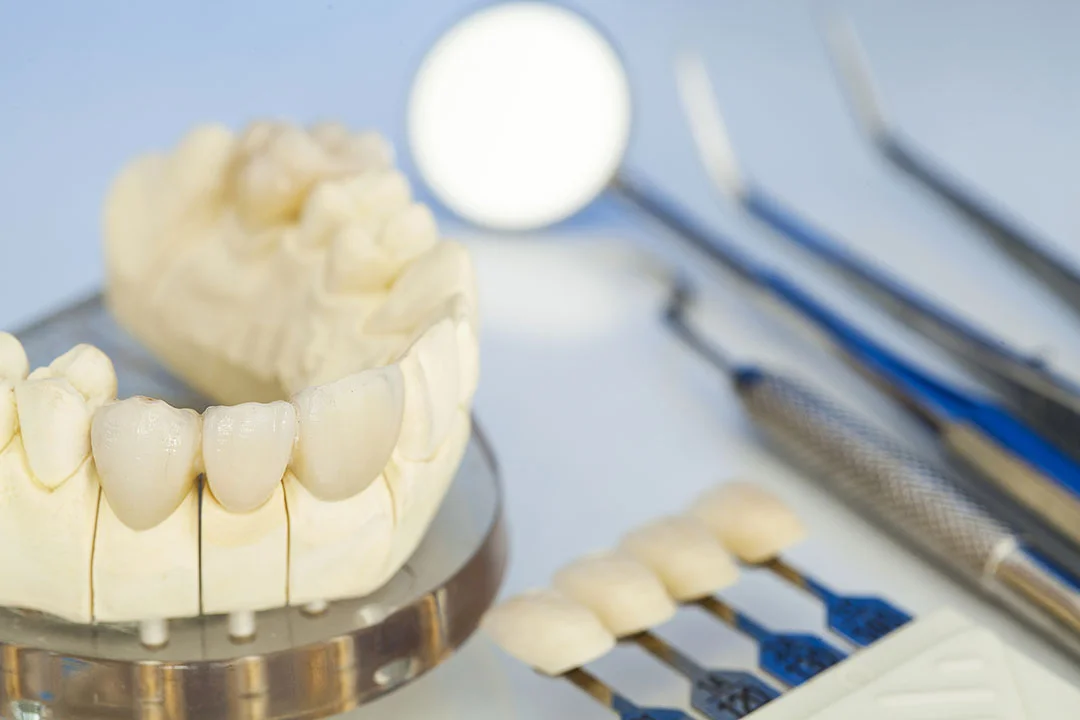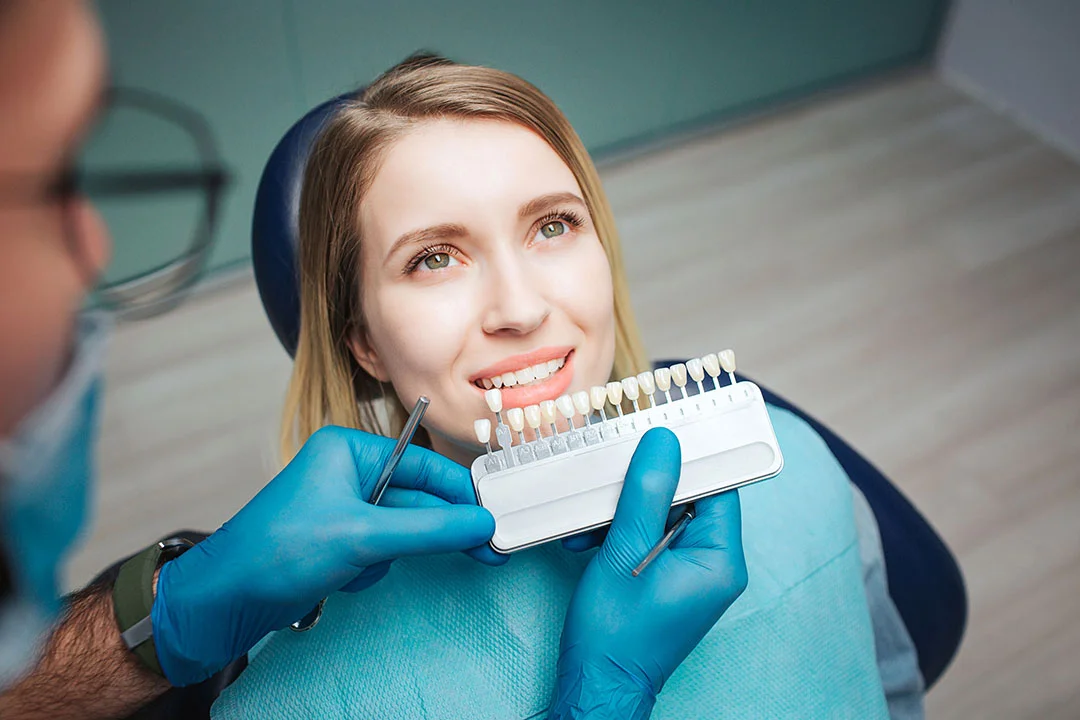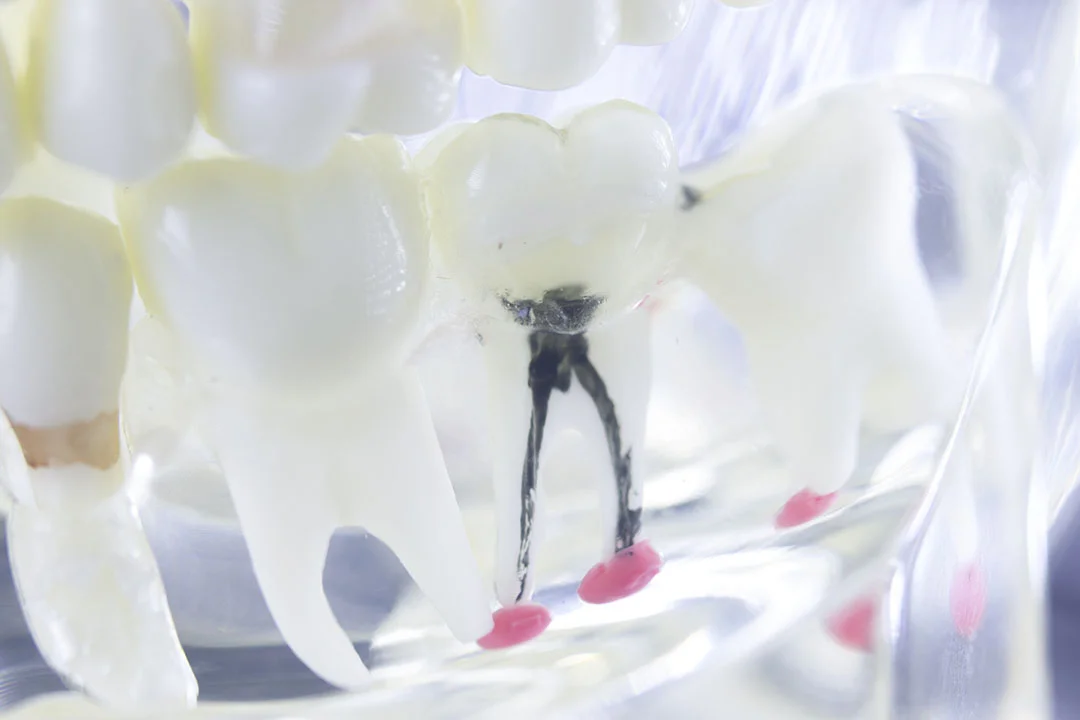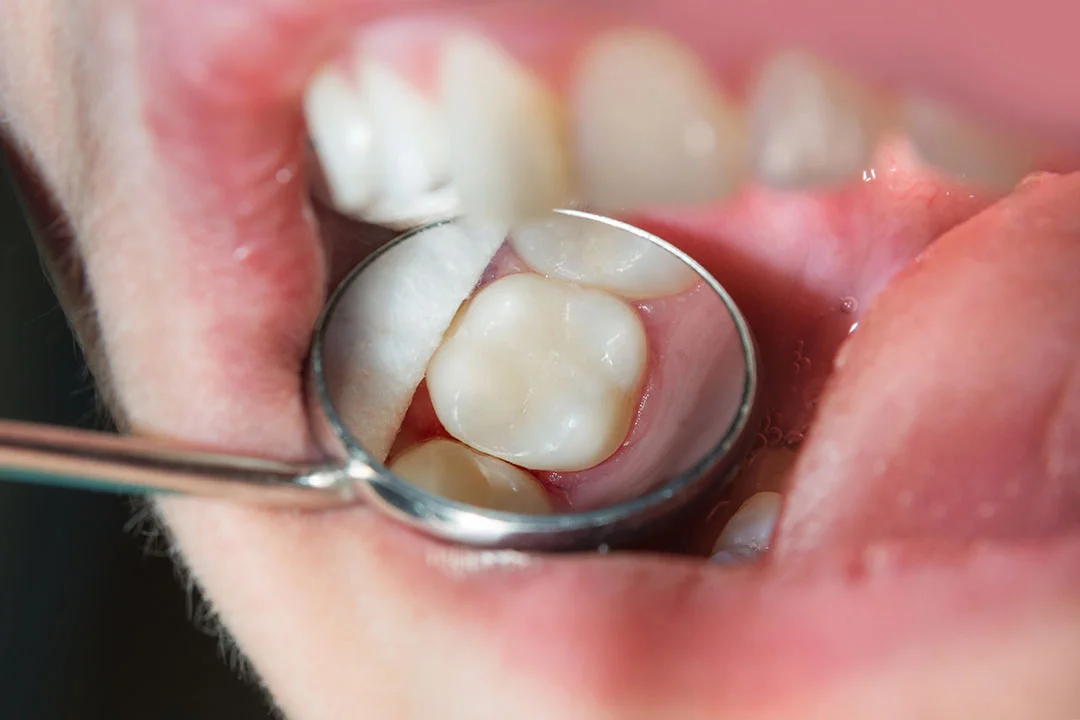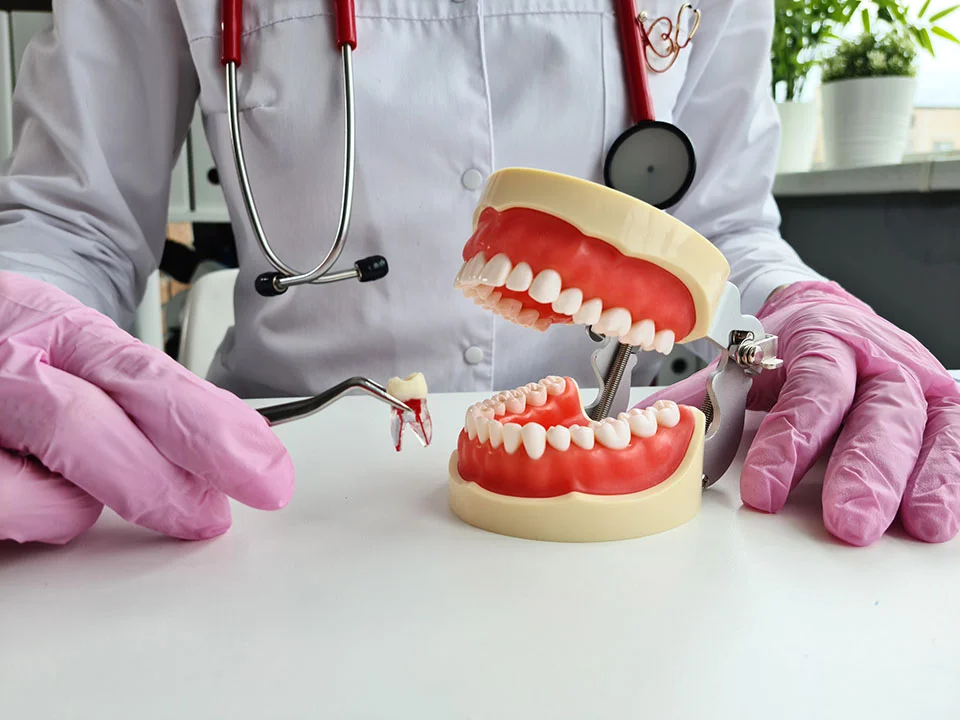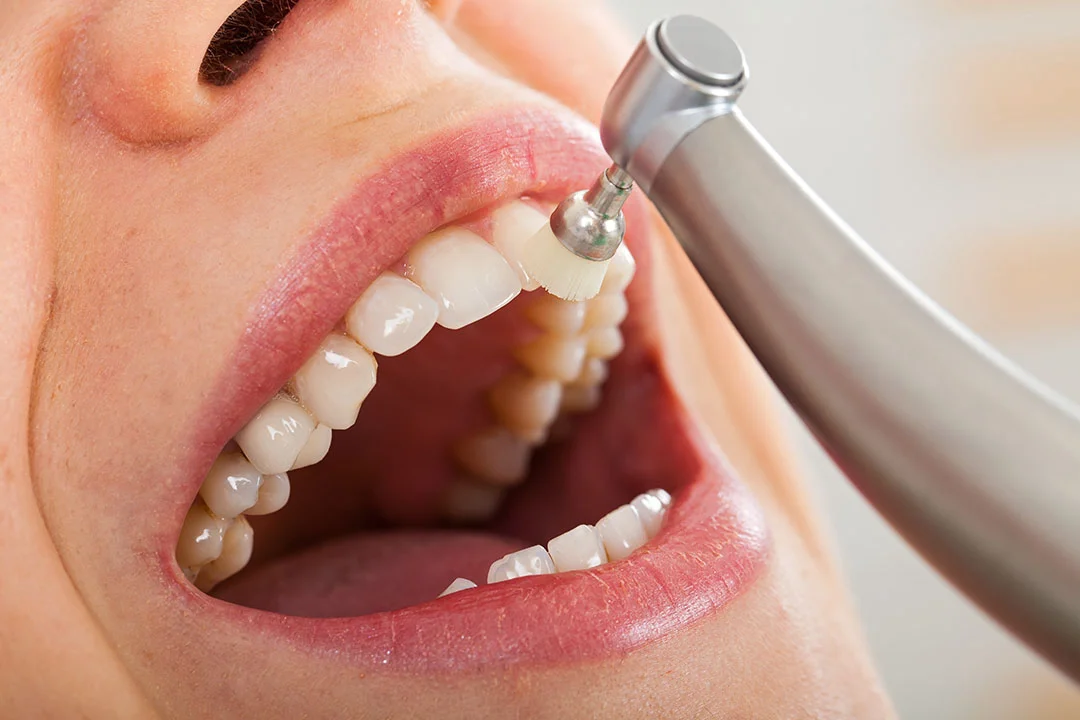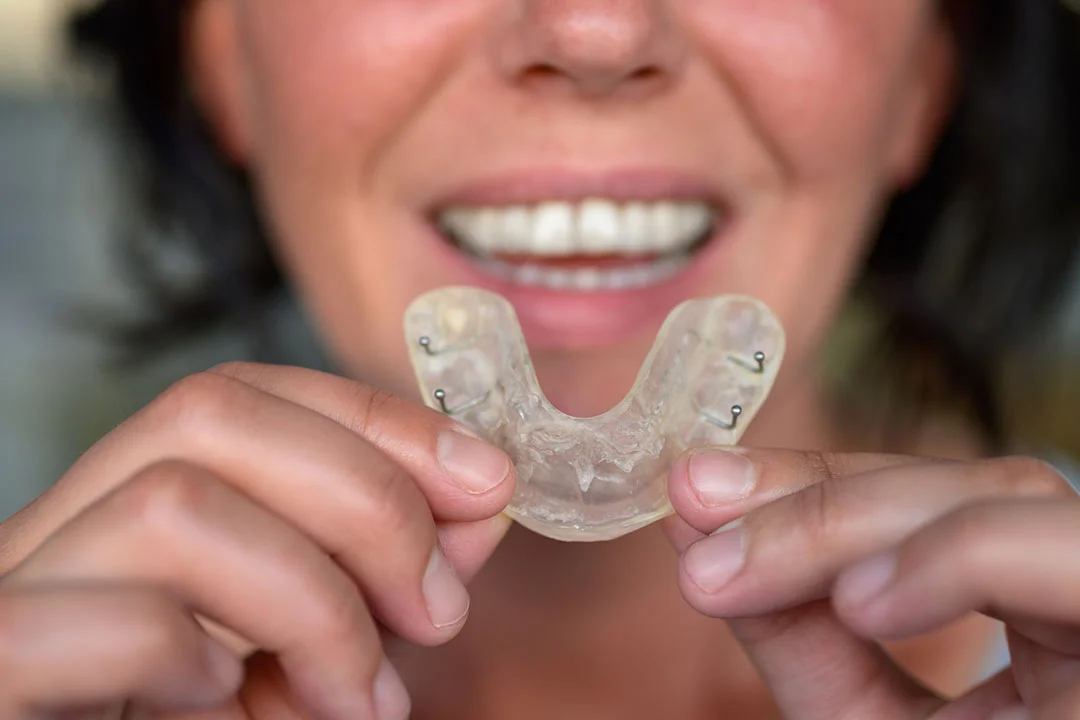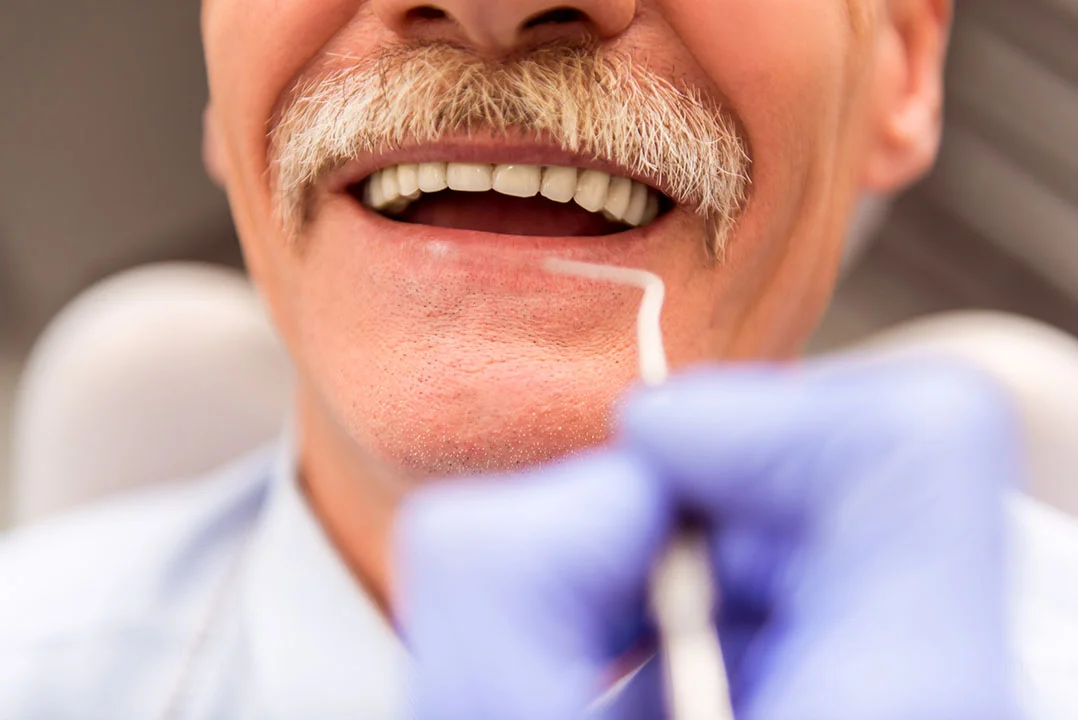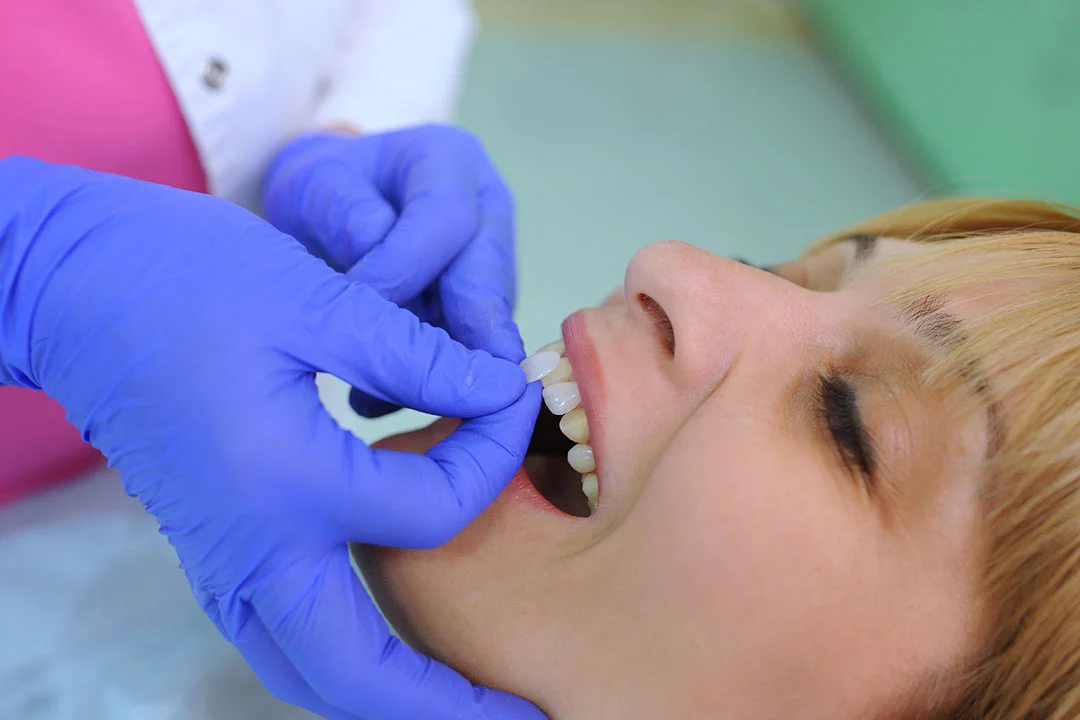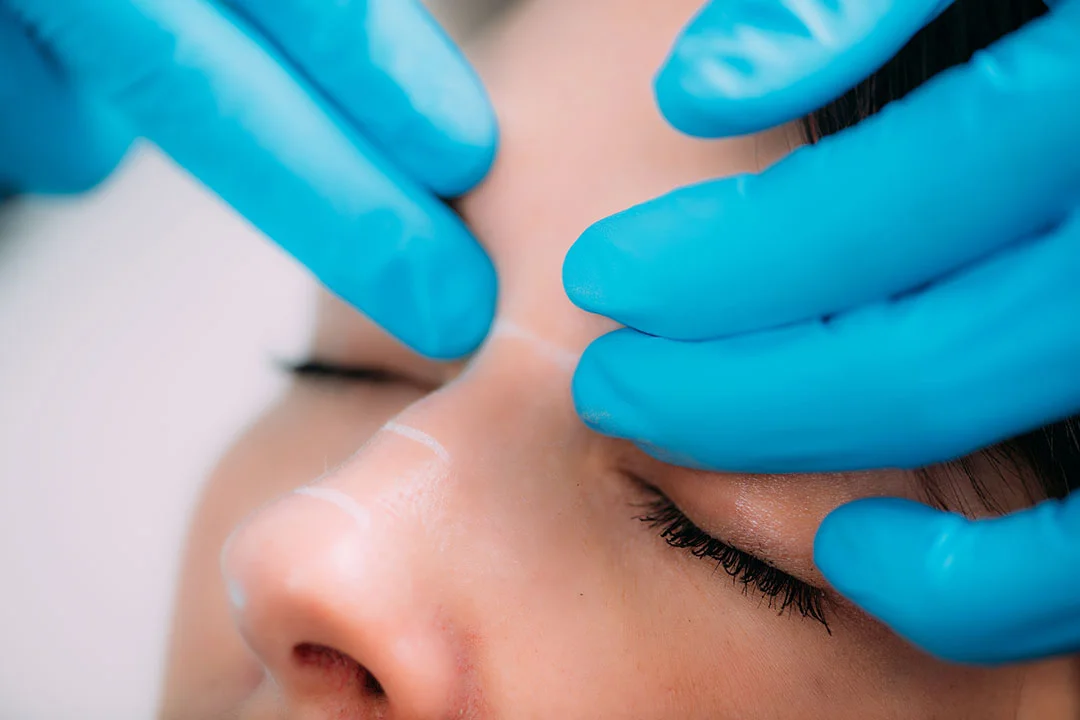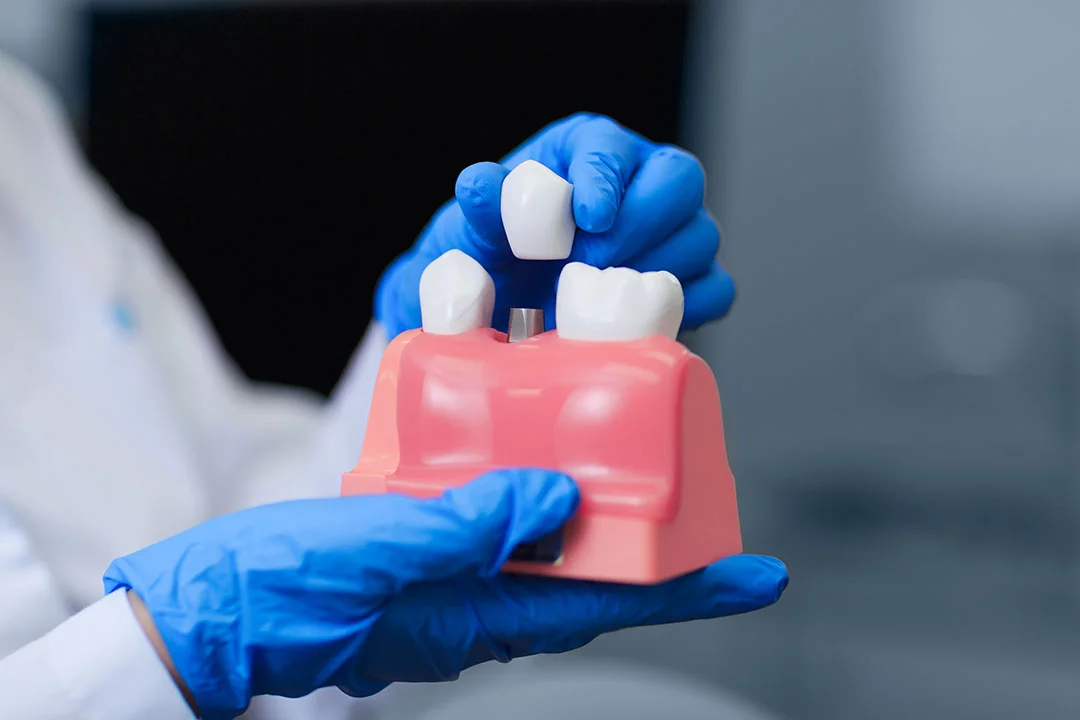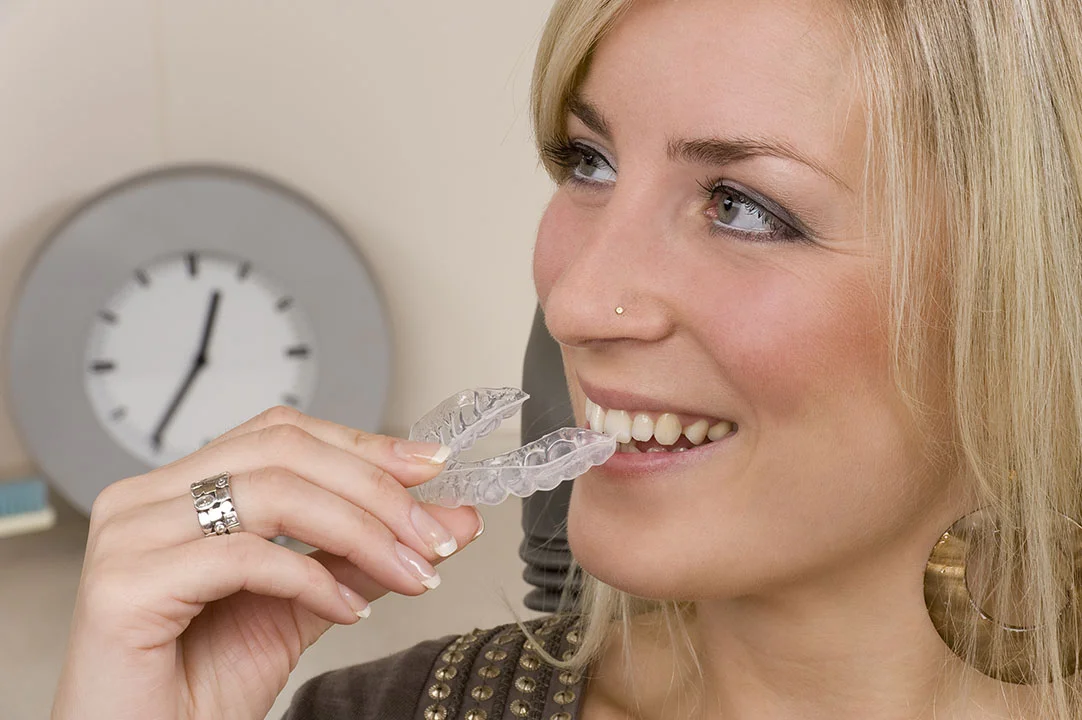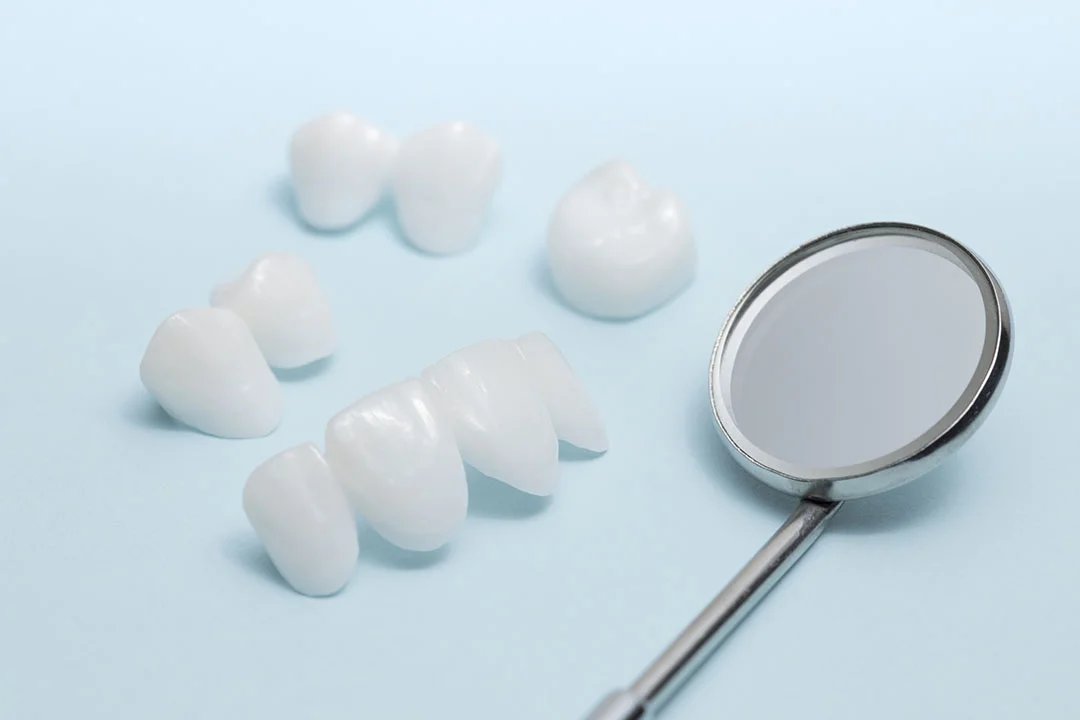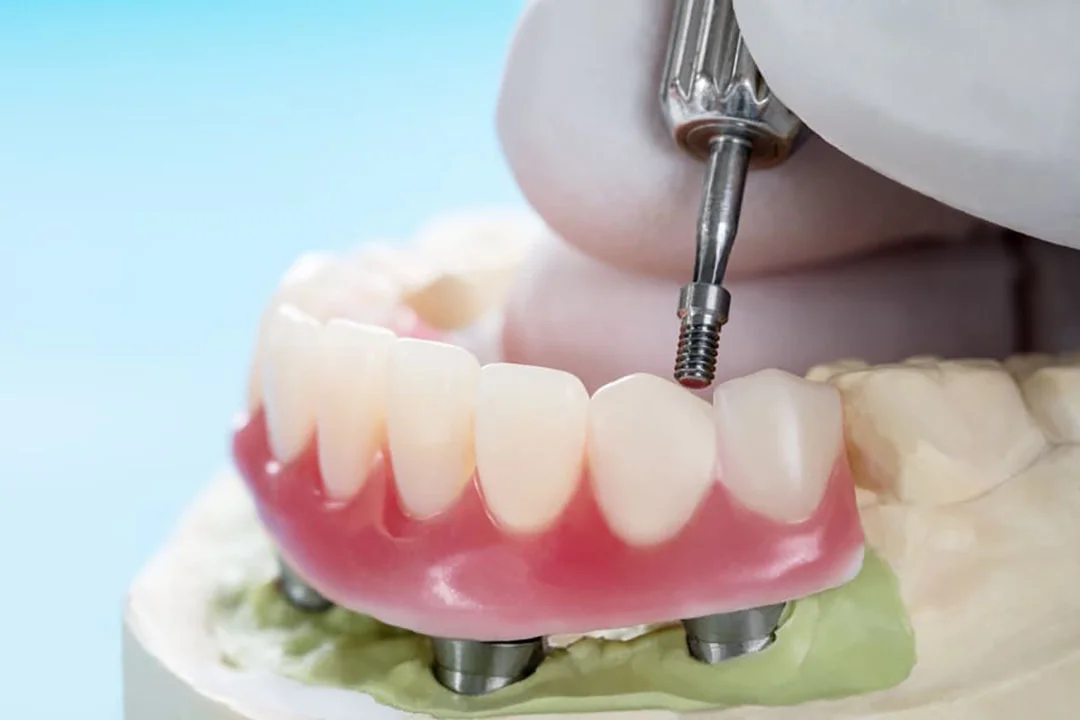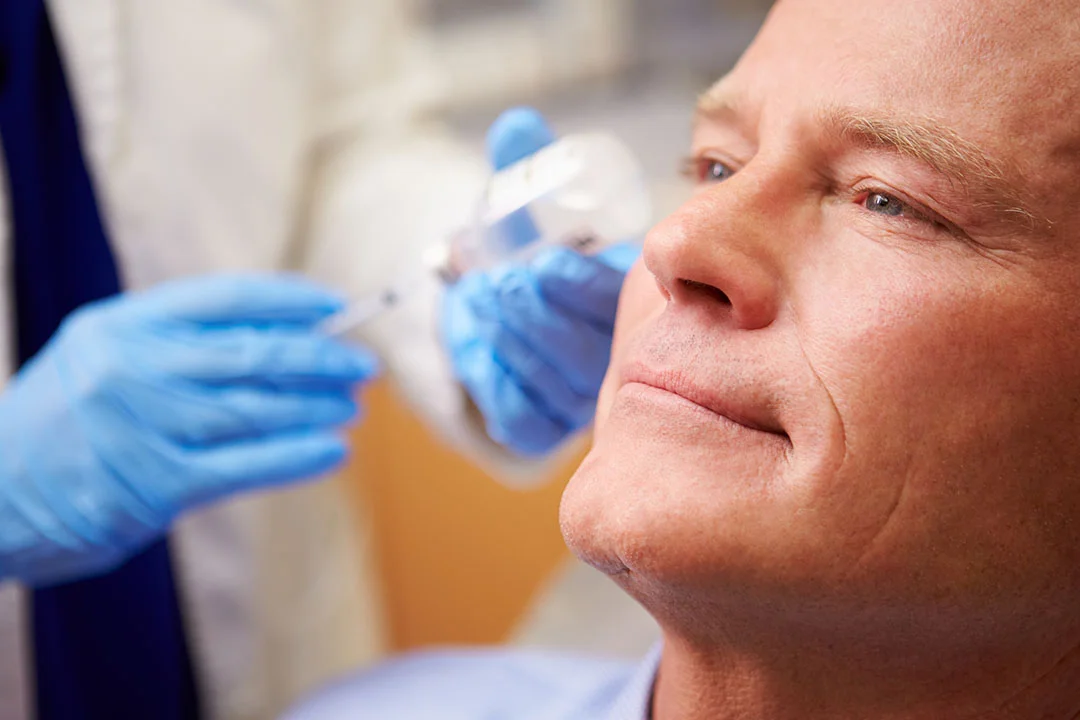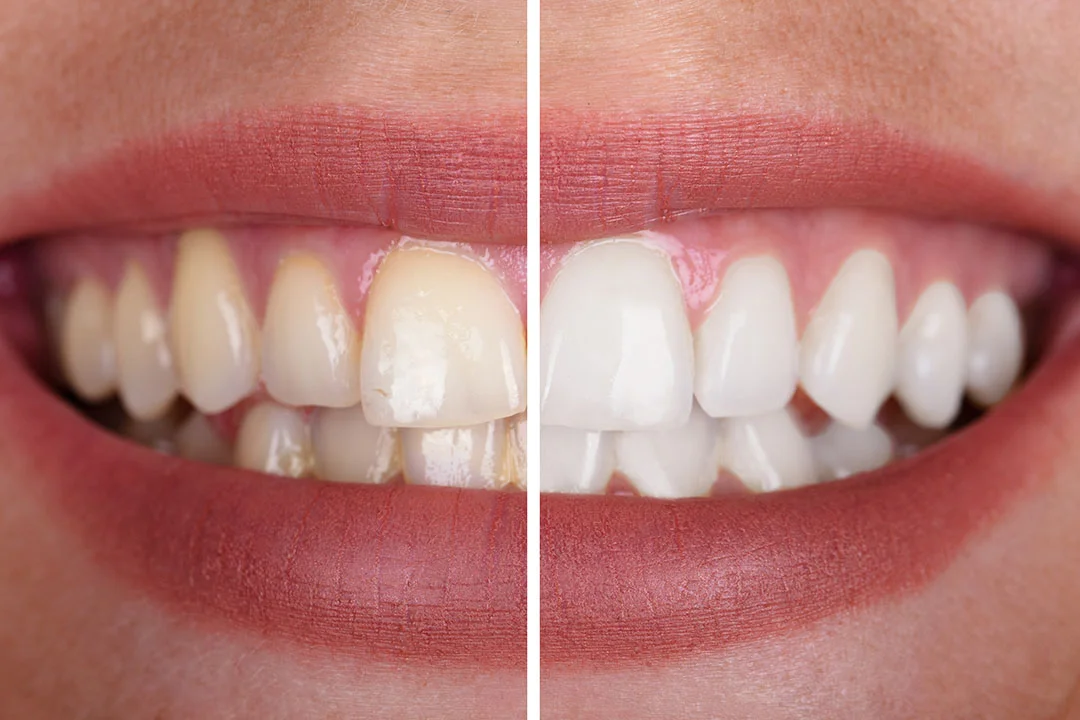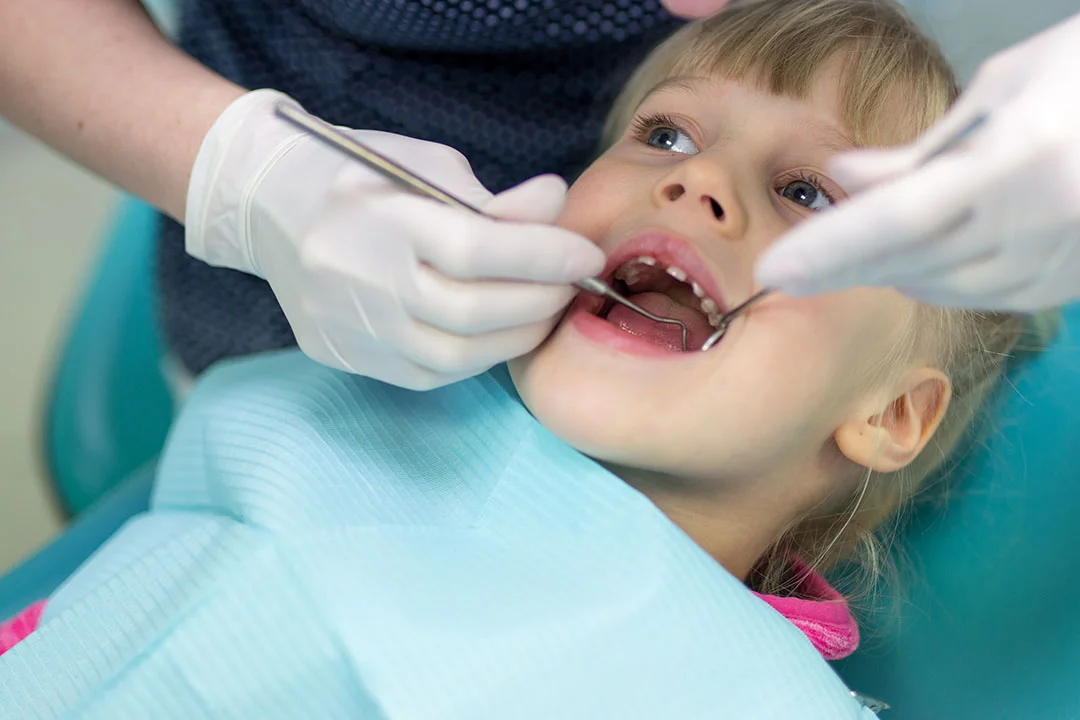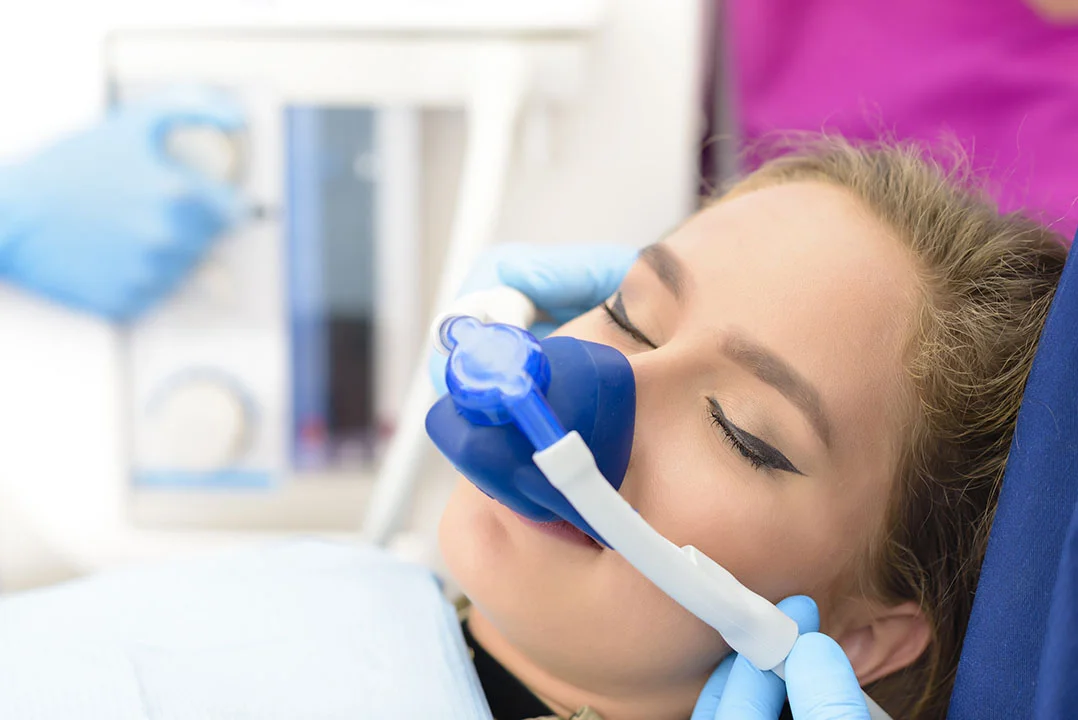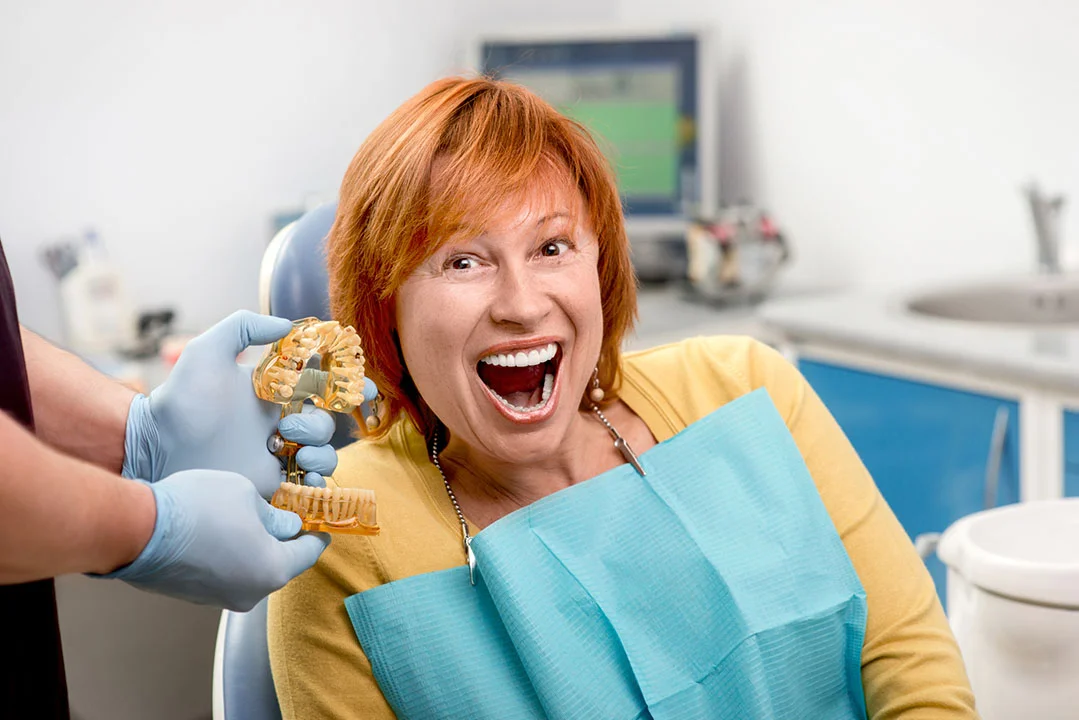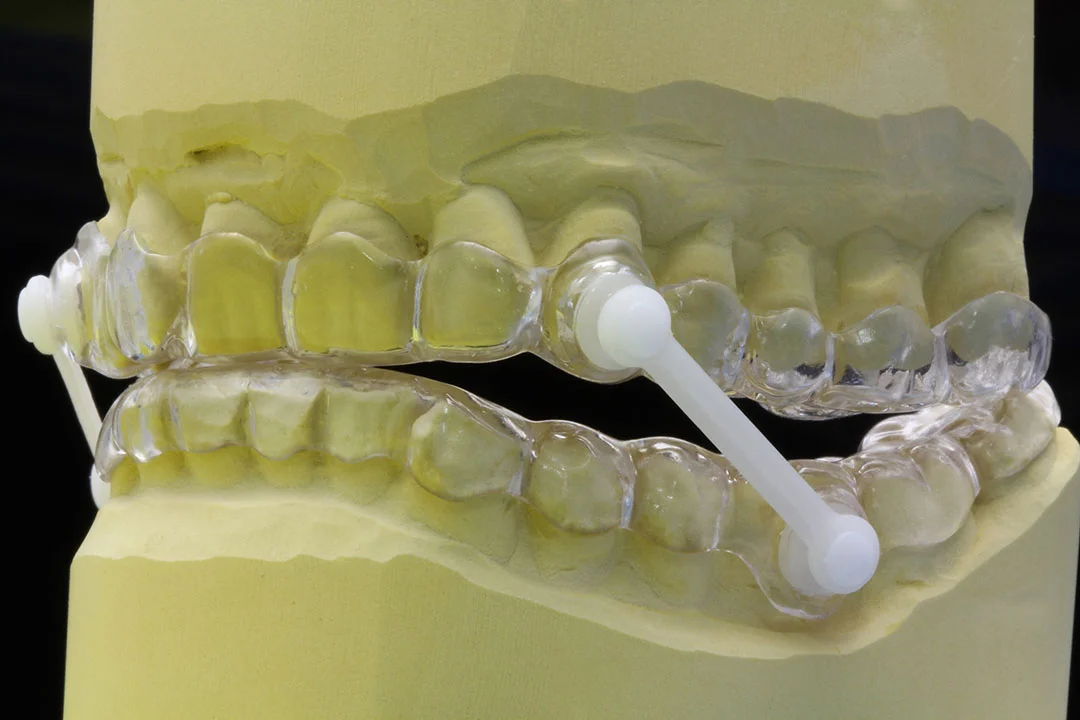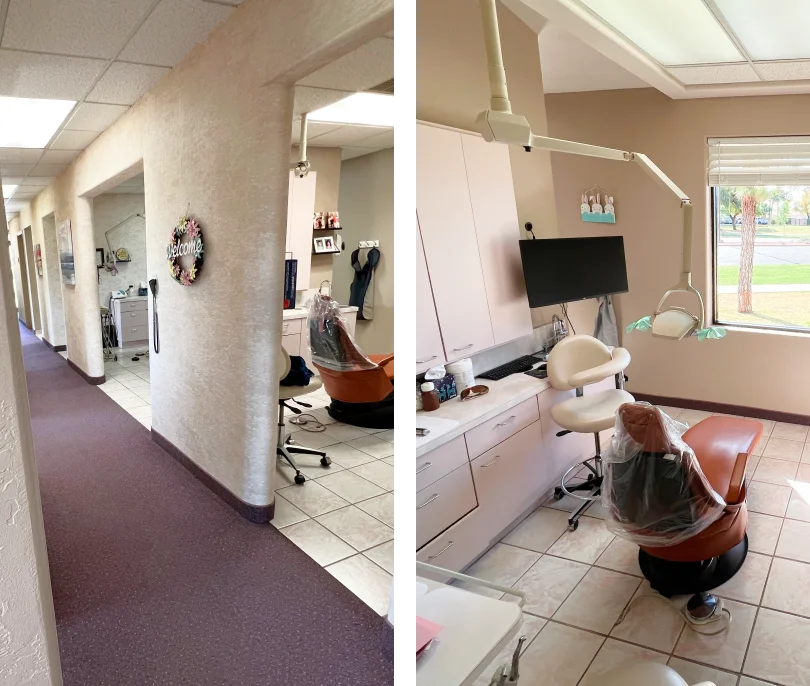
Dental Services in Mesa
Our Dentist in Mesa Offers Comprehensive Oral Care for Your Whole Family
At East Valley Dental Professionals, the satisfaction and comfort of our clients are what’s important to us. One of our top priorities is to ensure you have a comfortable dental visit. We strive to gain and maintain your trust, because we're passionate about providing you and your loved ones with excellent dental care and an enjoyable experience.
We provide a wide array of services and we have state-of-the-art facilities. We keep up with the latest trends and technology in modern dentistry.





Our Most Popular Services
Our services range from cosmetic dentistry, implants, bridges, to botox, among others. Our dentists and orthodontists will see to it that your needs are met at the highest standards.
We Care About Your Family's Smile
What people say
about Us
I've been a patient for fifteen years and I couldn't imagine going elsewhere. Everyone is professional, kind and the best of the best! I've had most every oral procedure and each has been flawless.
They are always friendly, attentive, have quick service and respond quickly to questions.
EVDP is amazing, the patient care is top notch and they do beautiful work! I felt so taken care of as patient and strongly recommend their services!
The visit was great I hope I can come up with the money some he can fix my mouth for me. At 53 have never had a kinder Dr. in my mouth. Wish I had insurance so he could do my work today.
Everyone was helpful and kind. I appreciate the introductions of who people were. My stay was pleasant and I'm hopeful my tooth problem is resolved.
Your Smile's Happy Place! Come visit us and see why
Fun atmosphere, friendly staff, and zero dentist nightmares
